When would one need to do this kind of thing?
When you want your own startup code for your program.
main is not the first entry for a C program, _start is the first entry behind the curtain.
Example in Linux:
_start: # _start is the entry point known to the linker
xor %ebp, %ebp # effectively RBP := 0, mark the end of stack frames
mov (%rsp), %edi # get argc from the stack (implicitly zero-extended to 64-bit)
lea 8(%rsp), %rsi # take the address of argv from the stack
lea 16(%rsp,%rdi,8), %rdx # take the address of envp from the stack
xor %eax, %eax # per ABI and compatibility with icc
call main # %edi, %rsi, %rdx are the three args (of which first two are C standard) to main
mov %eax, %edi # transfer the return of main to the first argument of _exit
xor %eax, %eax # per ABI and compatibility with icc
call _exit # terminate the program
Is there any real world scenario where this would be useful?
If you mean, implement our own _start:
Yes, in most of the commercial embedded software I have worked with, we need to implement our own _start regarding to our specific memory and performance requirements.
If you mean, drop the main function and change it to something else:
No, I don't see any benefit doing that.
